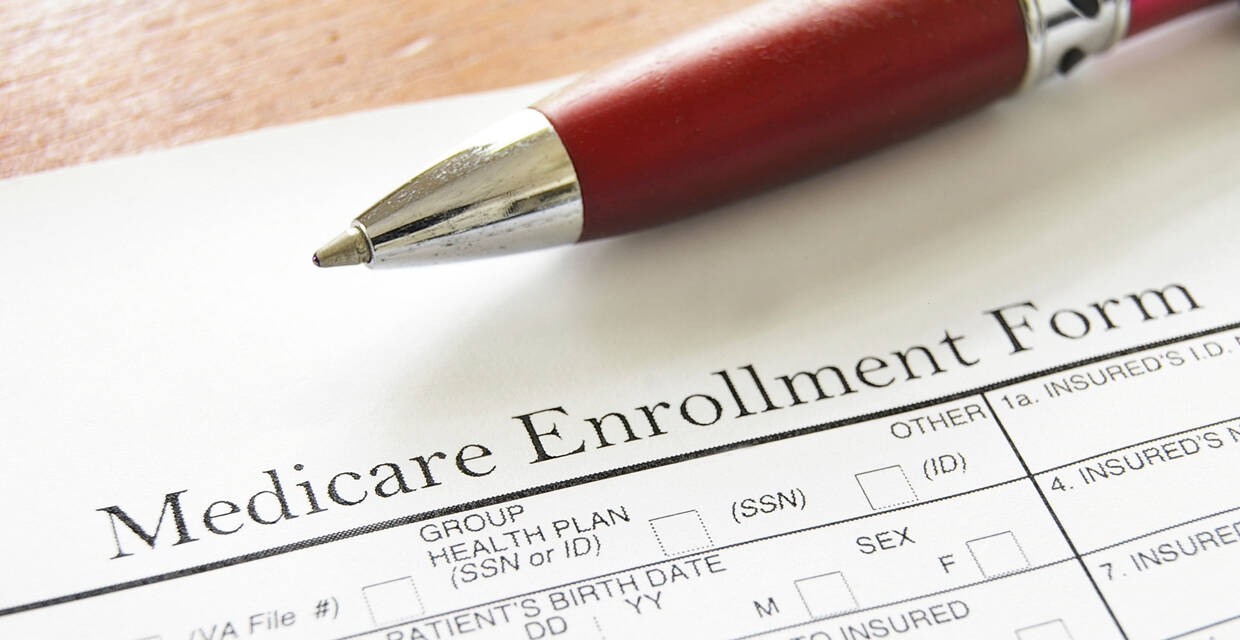Key Points
- Doctors who accept Medicare receive lower rates, but this allows patients to pay less out-of-pocket for services. The healthcare providers, not the patients, are responsible for submitting claims.
- Medicare patients can still access non-participating urgent care centers, but they may have to pay the full cost upfront and get reimbursed later. Non-participating doctors can charge up to 15% more than the scheduled amount.
- Some physicians require private contracts and do not participate in Medicare at all. If a patient signs such a contract, services won't be covered by Medicare even if they usually would be.
- Many physicians opt out of Medicare due to the extensive paperwork and lower rates. Some offer discounts to Medicare patients in exchange for signed private contracts, which reduces paperwork.
- Despite these challenges, Medicare-covered patients can find the services they need through research and patience, with tools like urgent care locators available to help them find suitable centers.
Patients with Medicare need to be mindful that not all doctors and clinics accept their form of government insurance. While this can be a hassle, it's not insurmountable. Here are some tips and information for Medicare-covered patients who hope to use medicare at urgent care.
Medicare Doctors Must Accept Lower Rates
Lower rates are given to doctors who accept Medicare. These rates are published and readily available to doctors and urgent care centers considering Medicare coverage. Because the doctors agree to accept these lower payments, their patients are able to pay less out-of-pocket for services rendered. This is great for the patient, but not always agreeable to the doctor or urgent care center, assuming they have more profitable options. Doctors accepting Medicare are responsible for submitting claims, not the patients. Patients are not liable for the cost of covering claims, either. The health care providers who accept Medicare agree to charge the patient the listed deductible and coinsurance, and nothing more. That means that Medicare coverage keeps patients from surprise charges for X-rays or immunizations.
How to Access Non-Participating Urgent Care Centers
Sometimes you will find urgent care centers that do not participate, or "accept," Medicare's terms. That does not mean that patients with Medicare are not allowed to use those clinics or doctors, it just means that the terms are different. Here are the key differences:
- Patients may have to pay for the full cost of services rendered immediately, and then would be reimbursed after the doctor is paid by Medicare.
- Usually the doctor must submit the claim for the patient, even if the doctor or clinic is "non-participating." However, sometimes the patient must submit the claim using form CMS-1490S in order to get reimbursed.
- While non-participants can charge Medicare-covered patients more than the scheduled amount (because they have not agreed to those terms), there is a limit. Doctors can only charge patients with Medicare 15% more than the scheduled amount. For example, if Medicare allots $100 for an exam, then non-participants can charge $115. Medicare would pay $100, and the patient would pay $15 in addition to his or her copay.
There Are Many 'Private Contract' Rules
There is an extensive list of rules pertaining to private contract services. Medicare-covered patients must thoroughly review these terms before signing a contract. Physicians who require these private contracts do not participate in Medicare at all. Even if a service would be covered by Medicare with other doctors, it will not be covered at all if the patient agrees to sign a private contract.
Medicare Creates a Lot of Paperwork for Practitioners
Patients with Medicare should not feel mistreated or singled-out if a physician does not want to work with Medicare. Most physicians opt-out of Medicare and require private contracts because there is reportedly too much paperwork, and the rates paid to physicians are too low to cover the physician's costs. Some doctors are striking agreements with patients who have Medicare, offering them discounts in exchange for a signed private contracts. While the doctor still gets less money, he or she doesn't have to do mountains of paperwork. With a little research and patience, Medicare-covered patients can find the services they need. Urgent care locations that are covered by Medicare are available, and a handy urgent care locator with filters for accepted insurance at urgent care centers and payment types can help patients to find them.
Frequently asked questions
Do all doctors and clinics accept Medicare?
No, not all doctors and clinics accept Medicare. Some choose not to participate due to the lower payment rates and the amount of paperwork involved.Why do some doctors accept lower rates from Medicare?
Doctors who accept Medicare agree to these lower rates so that their patients can pay less out-of-pocket for services. This arrangement also protects patients from surprise charges for services like X-rays or immunizations.What happens if a patient uses a non-participating urgent care center?
If a patient with Medicare uses a non-participating urgent care center, they may have to pay for the full cost of services upfront. They would then be reimbursed after Medicare pays the doctor. Sometimes, the patient may need to submit the claim themselves.Can non-participating doctors charge more than the Medicare scheduled amount?
Yes, non-participating doctors can charge more than the Medicare scheduled amount. However, there is a limit. They can only charge patients with Medicare 15% more than the scheduled amount.What are private contract services in relation to Medicare?
Private contract services refer to agreements between patients and physicians who do not participate in Medicare at all. If a patient signs a private contract, any service provided, even if normally covered by Medicare, will not be covered at all.Why do some doctors opt out of Medicare?
Some doctors opt out of Medicare because of the significant amount of paperwork involved and the lower rates paid to physicians, which may not cover their costs.What are some alternatives for patients with Medicare whose doctors require private contracts?
Some doctors offer discounts to patients with Medicare in exchange for a signed private contract. This way, the doctor receives less money but also avoids dealing with excessive paperwork.How can patients find urgent care centers that accept Medicare?
Patients can use an urgent care locator with filters for accepted insurance at urgent care centers and payment types to find locations that are covered by Medicare.











